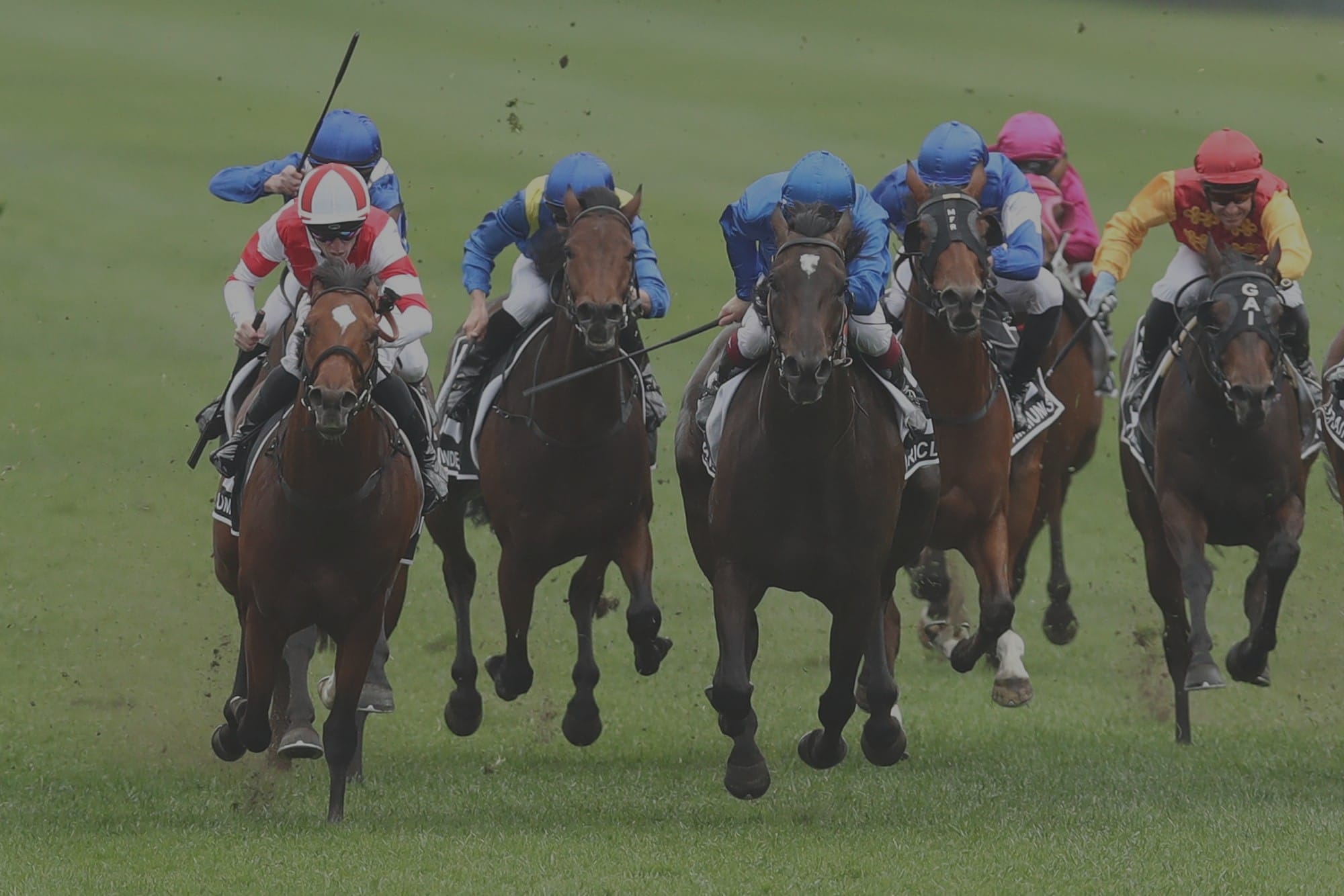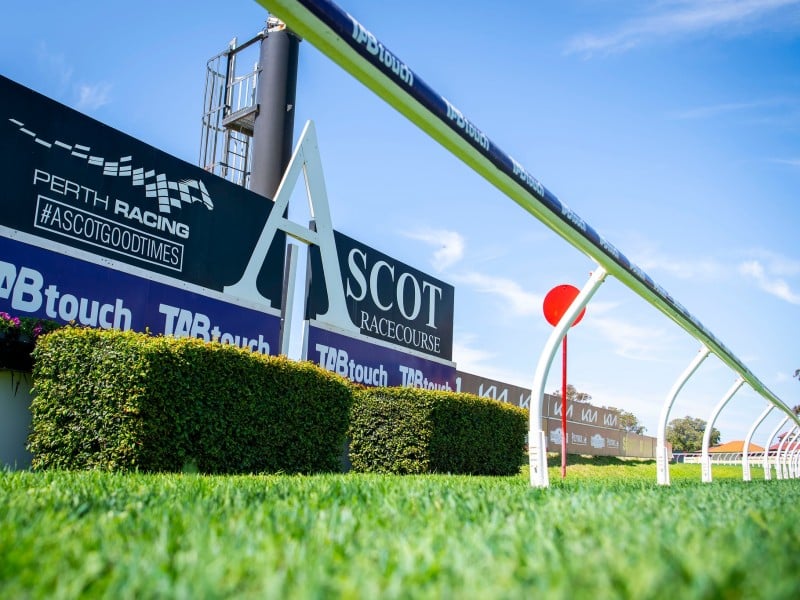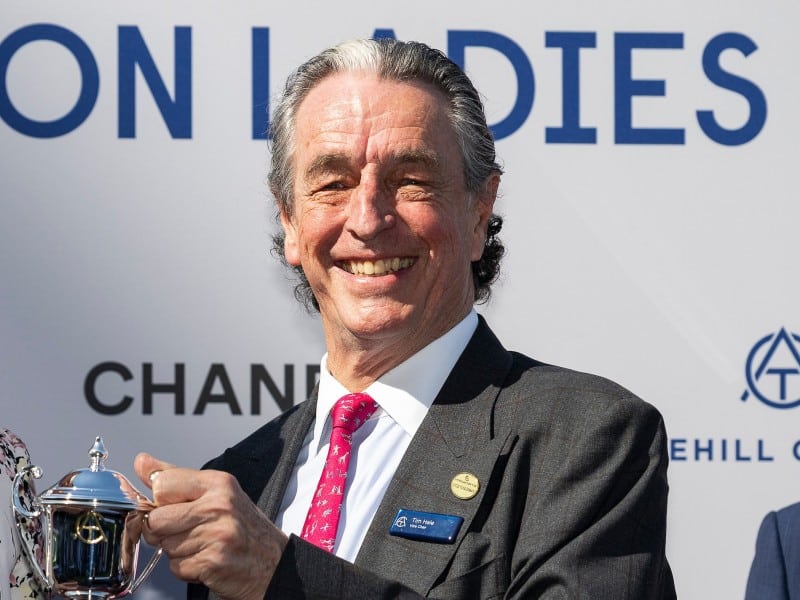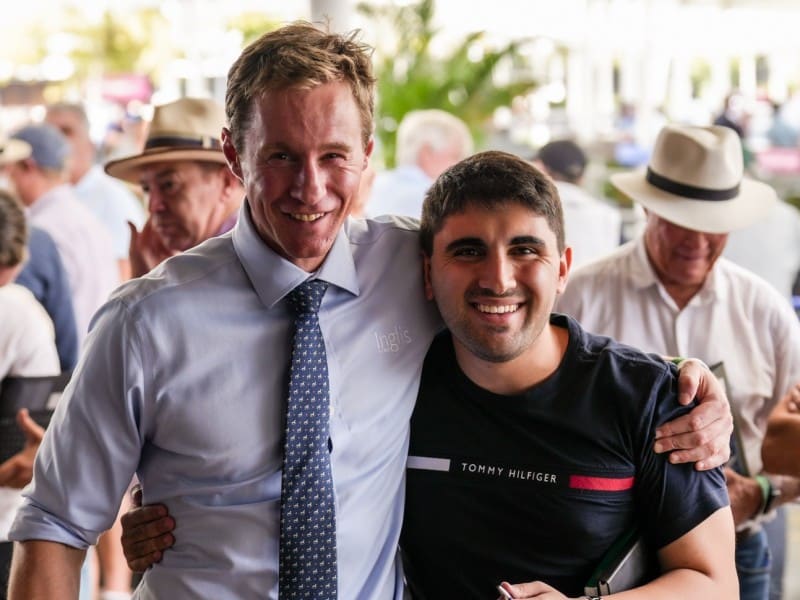ACT’s POCT rise backfires as tax revenue plummets
A $10 million shortfall in projected Point Of Consumption Tax revenue has created headaches for the Australian Capital Territory’s government, as the decision to raise the tax rate to an Australian high of 25 per cent appears to have backfired.
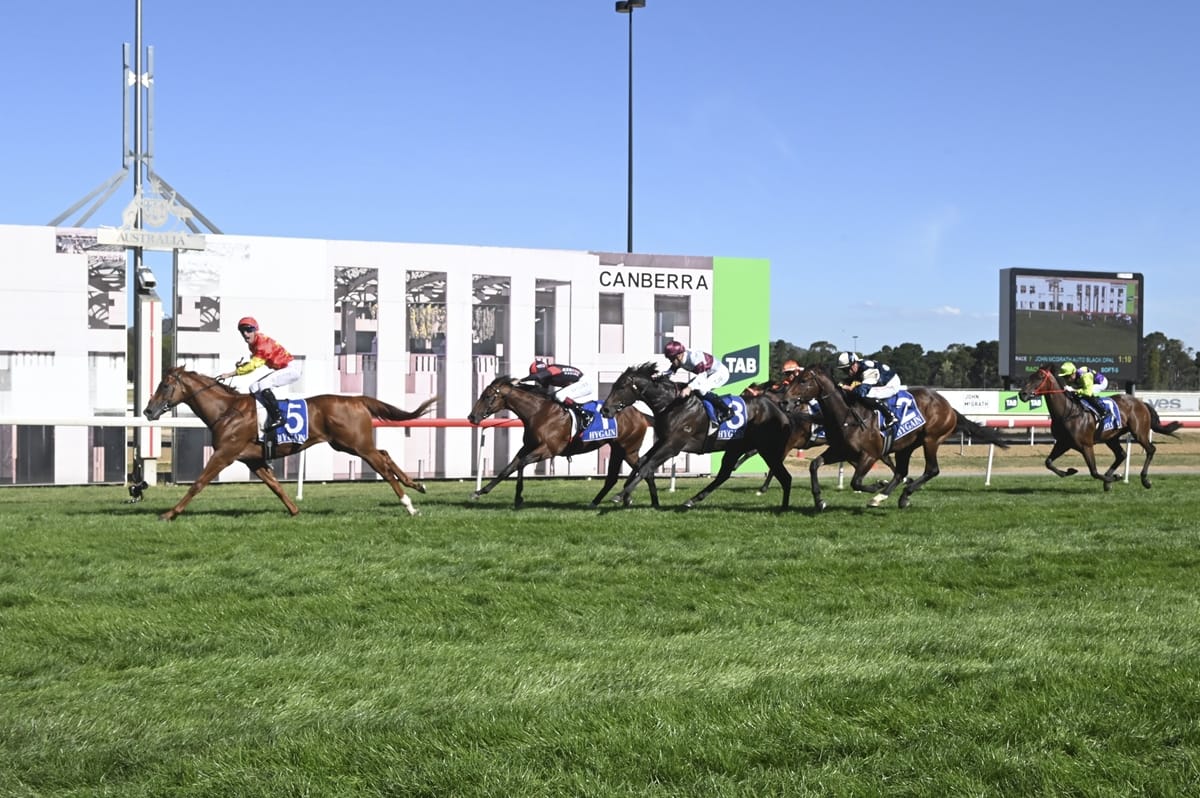
The ACT took the rate for its Betting Operations Tax, what it terms as its POC, to 25 per cent from July 1 last year and had predicted the boosted tax to raise $32.1 million for the Territory’s economy in 2023/24.
However, a significant drop in wagering under the new tax regime in the ACT has led to a 33 per cent shortfall in actual tax revenue, which will come in at $21.7 million.
Remarkably, despite the tax going up from 20 per cent to 25 per cent, the total revenue collected actually fell year-on-year from $22.3 million in 2022/23.
The ACT put its POCT rate from 15 per cent to 20 per cent in July 2022 and in that following financial year grew from $18.4 million to $22.3 million, but that was still short of the initially projected mark of $26.6 million.
Despite that shortfall, caused by the twin effects of a declining wagering environment and higher taxes, the decision was made to push on with the further tax rate rise last year.
“The revenue raised by this initiative supports the government’s contributions to all wellbeing domains and significantly contributes to the wellbeing domain of Economy,” last year’s budget read.
The current budget, released this week, acknowledged the drop in revenue in all gambling revenue, led by the Betting Operations Tax.
“Gambling tax revenue is estimated to be $82.5 million in 2023/24, revised down by $6.6 million from the 2023-24 Budget. This largely reflects lower than expected revenue from betting operations tax, partly offset by an upward revision in gaming tax from interstate lotteries and high jackpot prizes,” it read.
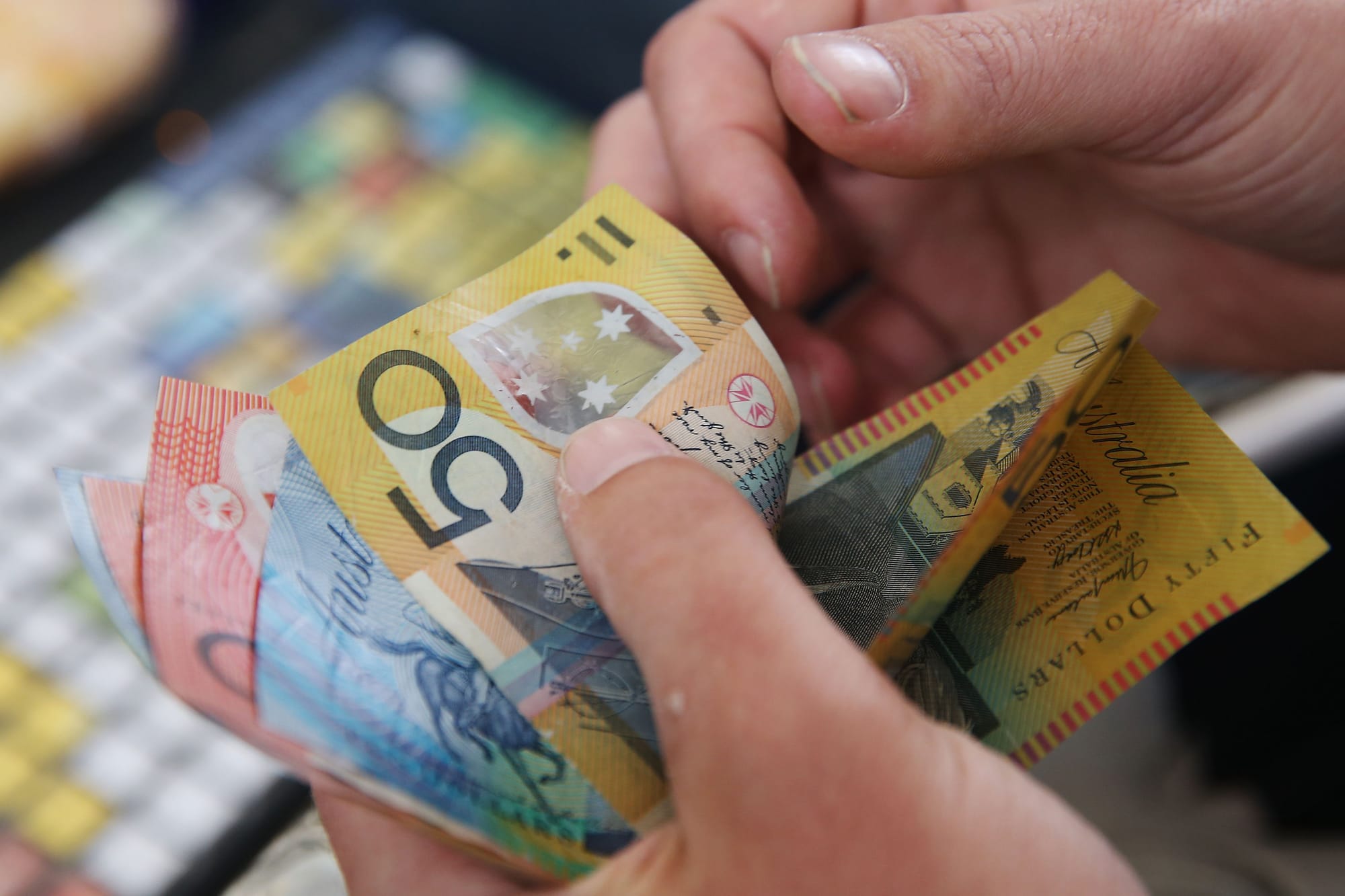
However, despite the dip in the 2023/24 financial year, the ACT Treasury has predicted BOT to rise by 28 per cent in 2024/25 to $27.8 million. Forward estimates then place BOT revenue at $32.5 million in 2025/26, $38 million in 2026/27 and $44.4 million in 2027/28.
The overall estimate of revenue across this and the next three financial years is $120 million, $22 million less than the same prediction when the higher tax rate was introduced in the 2023/24 budget.
The downward forecast is consistent with what all states apart from Queensland have put forward in their 2024/25 budget. However, the magnitude of the budget shortfall for this year is highest on a percentage level in the ACT.
For it to fail to grow in overall terms year-on-year should be a shock to the ALP-led government and chief minister Andrew Barr in an election year.
BOT is payable by all betting operators whose net ACT betting revenue exceeds the tax-free threshold of $150,000 in a financial year.
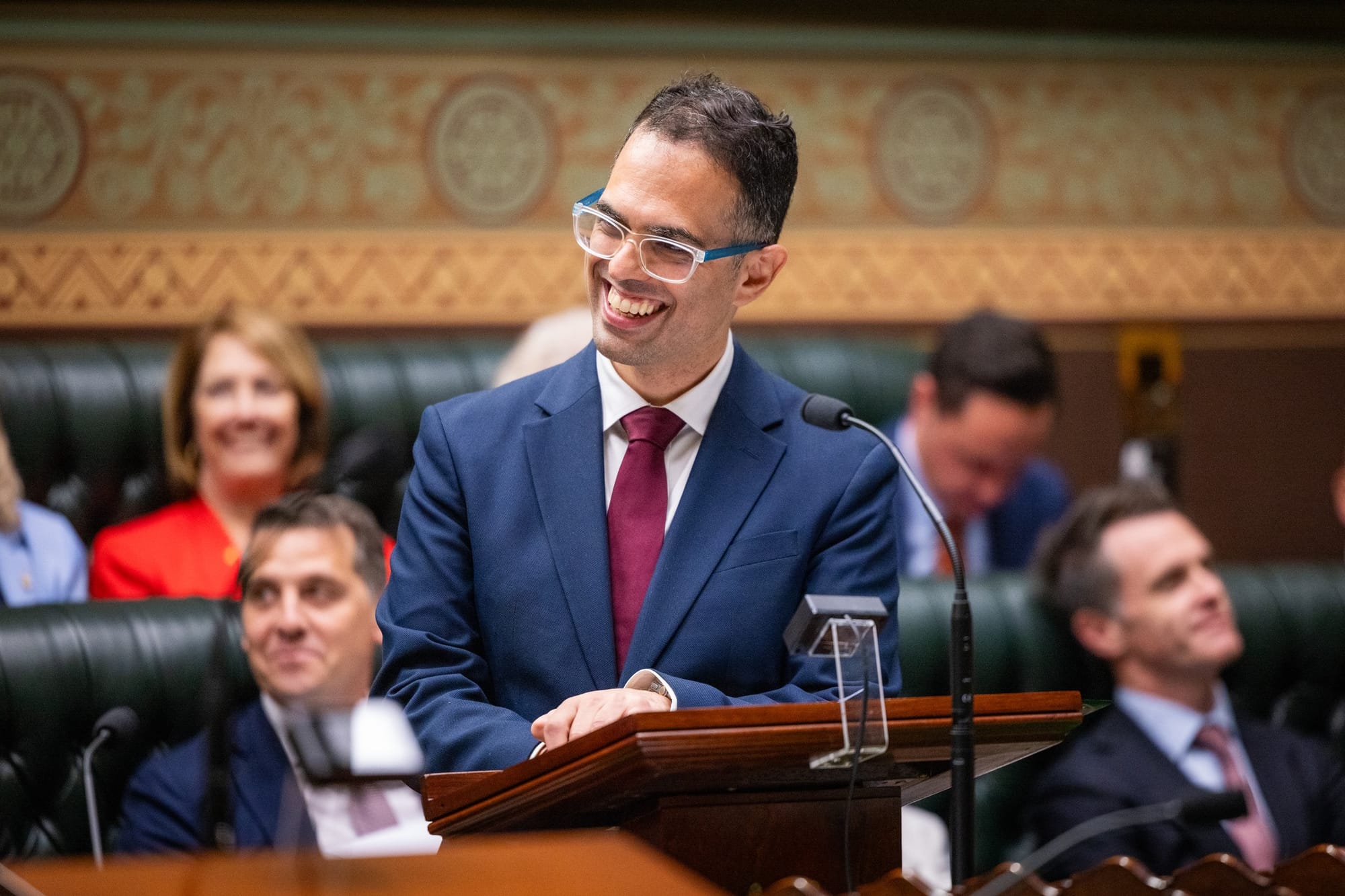
Unlike every other jurisdiction, racing in Canberra does not receive a share of Betting Operations Tax as part of its funding agreement. Instead, it has guaranteed funding of around $7.5 million a year through to 2026/27.
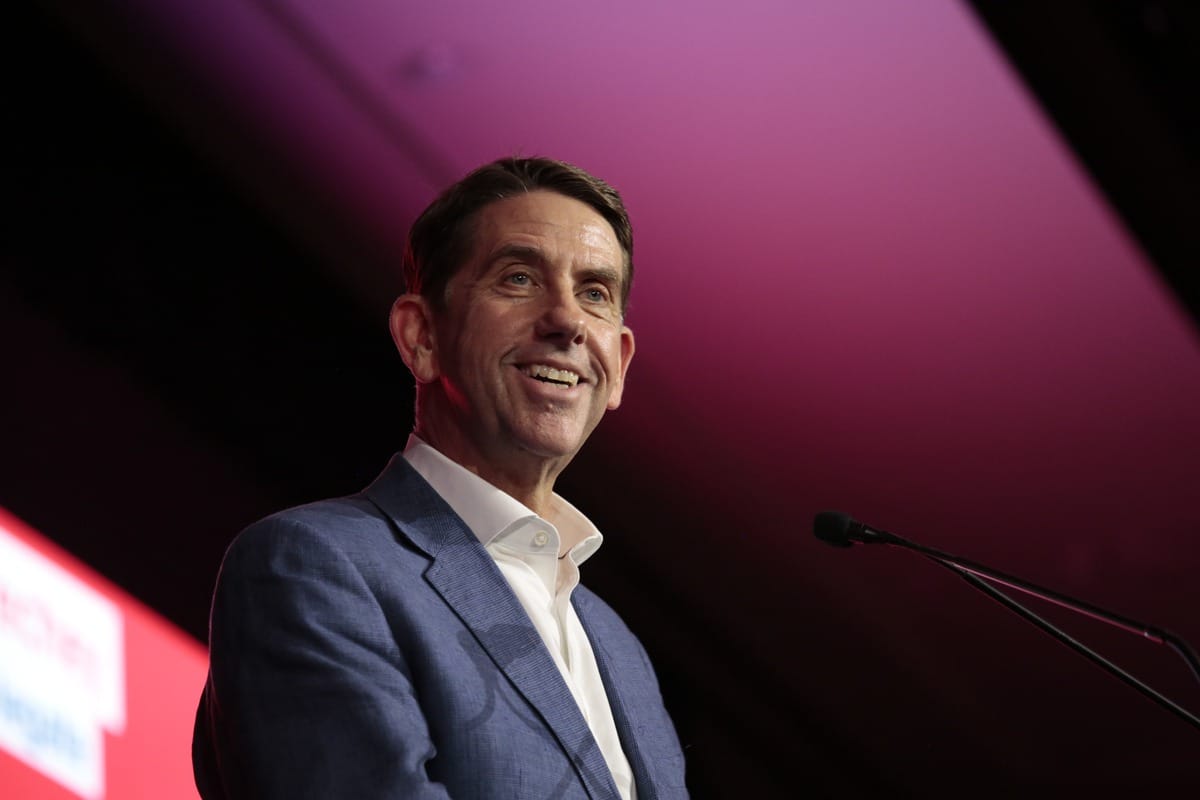
The opposition Liberal Party has previously promised to change this, while The Greens have indicated they want to end public funding of racing altogether.
The ACT goes to an election in October.

